

Last week we looked at how video games and especially MMOs have been used in education, and on why games can play an important part of the educational system. Today we dig deeper into this field, investigating how games themselves can foster civic engagement, if political discussions exist in games, and how civic education can use games for raising the level of civic engagement.
Civic engagement can be achieved and looked at in a myriad of different ways, one of the ways often used within the field of political science is via political discussions. Where scholars such as a Delli Caprini and Keeter talks about the importance of both knowledge for citizens civic engagement, and about the frequency they discuss politics. Wojcieszak and Mutz examine if and how people discuss politics on internet forums, and they find that there is a high amount of political discussion in forums connected to leisure activities, much in pair with the level of political discussions found in political forums. If this can exist in forums outside the political context, one can assume it would also exist in online video games where interactions with other players play a vital role. In a recent study on videogames and their effect on political knowledge, de Maré finds that almost half of the Swedish teenagers in his study encounter political discussions in online games. While the effects by political discussion within games on civic engagement still are unknown, the forum study by Wojcieszak and Mutz can be seen as an indicator for a positive effect on civic engagement by playing online games.
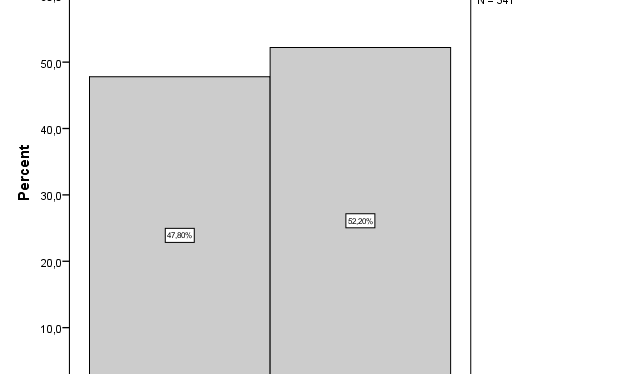
Almost half of the players encounter political discussions.
Since research done on video games is still relatively new within the area of civic engagement, most research is based upon research conducted on the use of internet, which is also the case for this article. Ladwig et al find in their study on the nature of internet use, that there is a very unique interactive structure of the internet, which helps to create a better understanding of the topic the user is interested in, more than books manage to do. Following this logic Mihailidis and Thevenin examines and coins the term: digital media literacy. They talk about how citizens need and receive high media literacy skills to and by navigating digital media tools such as the internet, but also online games. By raising ones digital media literacy, they argue that the citizen will be more prone to engagement in civic activities, but ask more research to be done here, until a conclusion of the effect can be drawn.
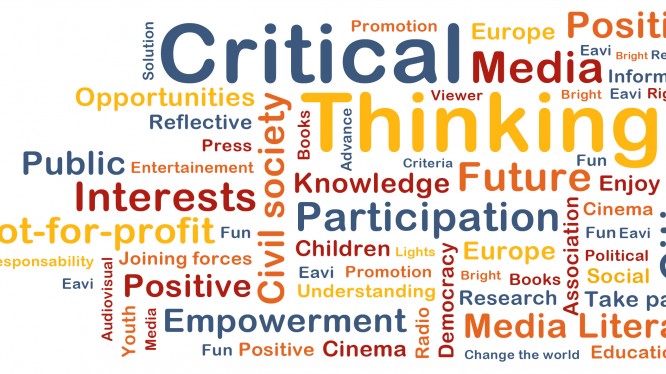
Navigating online enviroments creates media literacy opportunities.
One of the big research areas on civic engagement has been on social capital, and how it is connected to civic engagement. Zhong examines how online players can and if the accumulated social capital via online games, and if social capital within the game can have spillover effects outside of the game. His finding show how players can and do accumulate social capital within the games, and how the social capital is needed to progress at the higher level. They also indicate that the social capital accumulated in the game has some spillover effects in the life outside the game, where the players are a little less likely to trust people, but they are more civic engage after paying games.
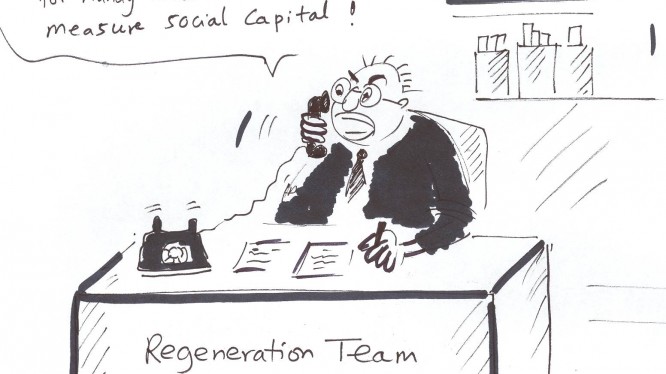
Social capital via the tools called online games?
Coming back to the last column where we looked at how games can be used, and in some cases, are being used in the education. We found that games are beginning to play an educational role, but many scholars would like to see this role extended. The subfield in education which has embraced video gaming and especially online gaming the most, is civic education. There have been many successful examples here, where I brought up some in the last column piece. What is common by all examples, and also something which Bourgonjon and Soetaert states; that online games are good for civic education, and therefore also civic engagement. They also show how young people today are not so different from other generations of young people when it comes to civic engagement, but the tools in which they engage in civics differ greatly. Already five years earlier, Bennet stated that the voices of young people are often underdeveloped and undervalued, and new digital practices should at least be recognized in a much greater extent.
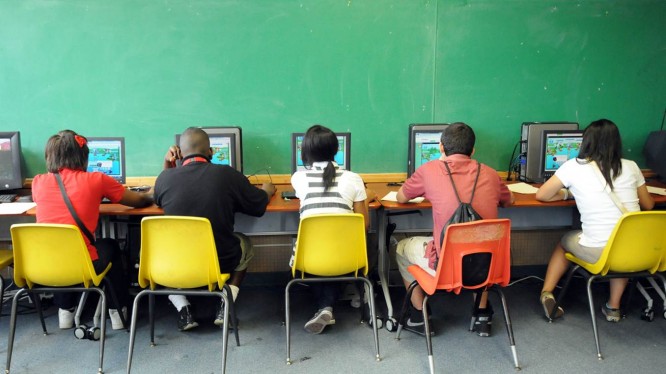
Icivic is a game teaching about civics.
While it may seem as golden promises, and that games without a doubt should play a bigger role in civic education, Lenhart finds that playing games is not strongly related to teen’s civic and political activity. And since the correlation is minimal it cannot in anyway be seen as a remedy, but he finds that civic gaming experiences are more equally distributed than other civic learning processes. Earlier on Bogost point out the complex nature of political issues, which in reality are grey and not black and white. To learn and manage these complex issues, we therefore need complex tools, and video games are one of these complex tools. He also gives examples on how online games have been used to make speeches in, to promote political campaigns in, and to hold political seminaries.
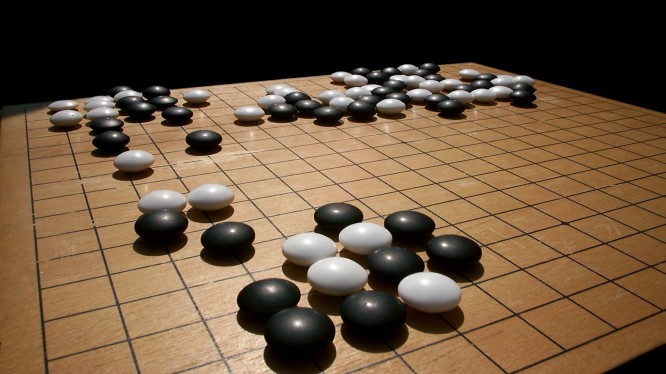
Games have a unique complexity to them.
With the power and complexity of online games, the possibilities can seem endless, and who wouldn’t want to live in a world where playing the games we love would also make us better citizens. A world where we can enjoy one of out favorite thing in the world, and in the same time enjoy a better society. But while this sounds great in theory it will not work like this in practice, there are positive effects of gaming on civic engagement, and this can be found via social capital in games, political discussions in games, and by using online games in the civic education. Since the research in this field is relatively new and still very scarce, it is hard to some to what extent online games can play in citizen’s civic engagement, but I think we all can agree on the possibilities of gaming on civic engagement if used in a correct way.
Research used in the article:
Bennet, Lance W. (2008) Young Citizens and Civic Learning: two paradigms of citizenship in the digital age.
Bogost, Ian (2006) Playing Politics: Videogames for Politics, Activism, and Advocacy.
Bourgonjon, Jeroen&Soetaert, Ronald (2013) Video Games and Citizenship.
de Mare, Karl (2014) Gaming for democracy: How Swedish Youth attain political literacy.
Delli Caprini, Michael X, &Keeter, Scott (1996)What Americans know about politics and why it matters.
Ladwig, Pete., Dalrymple, Kajsa E., Brossard, Dominique., Scheufele, Dietram A and Corley, Elisabeth A (2012) Perceived familiarity or factual knowledge? Comparing operationalizations of scientific understanding.
Lenhart, Amanda.,Kahne, Joseph., Middaugh, Ellen., Macgill, Alexandra Rankin., Evans, Chris &Vitak, Jessica. (2008) Teens, Video Games, and Civics.
Mihailidis, Paul & Thevenin, Benjamin (2013) Media Literacy as a Core Competency for Engaged Citizenship in Participatory Democracy.
Wojcieszak, Magdalena E &Mutz, Diana C (2009) Online Groups and Political Discourse: Do Online Discussion Spaces Facillitate Exposure to Political Disagreement?
Zhong, Zhi-Jin. (2011) The effects of collective MMORPG play on gamers’ online and offline social capital.
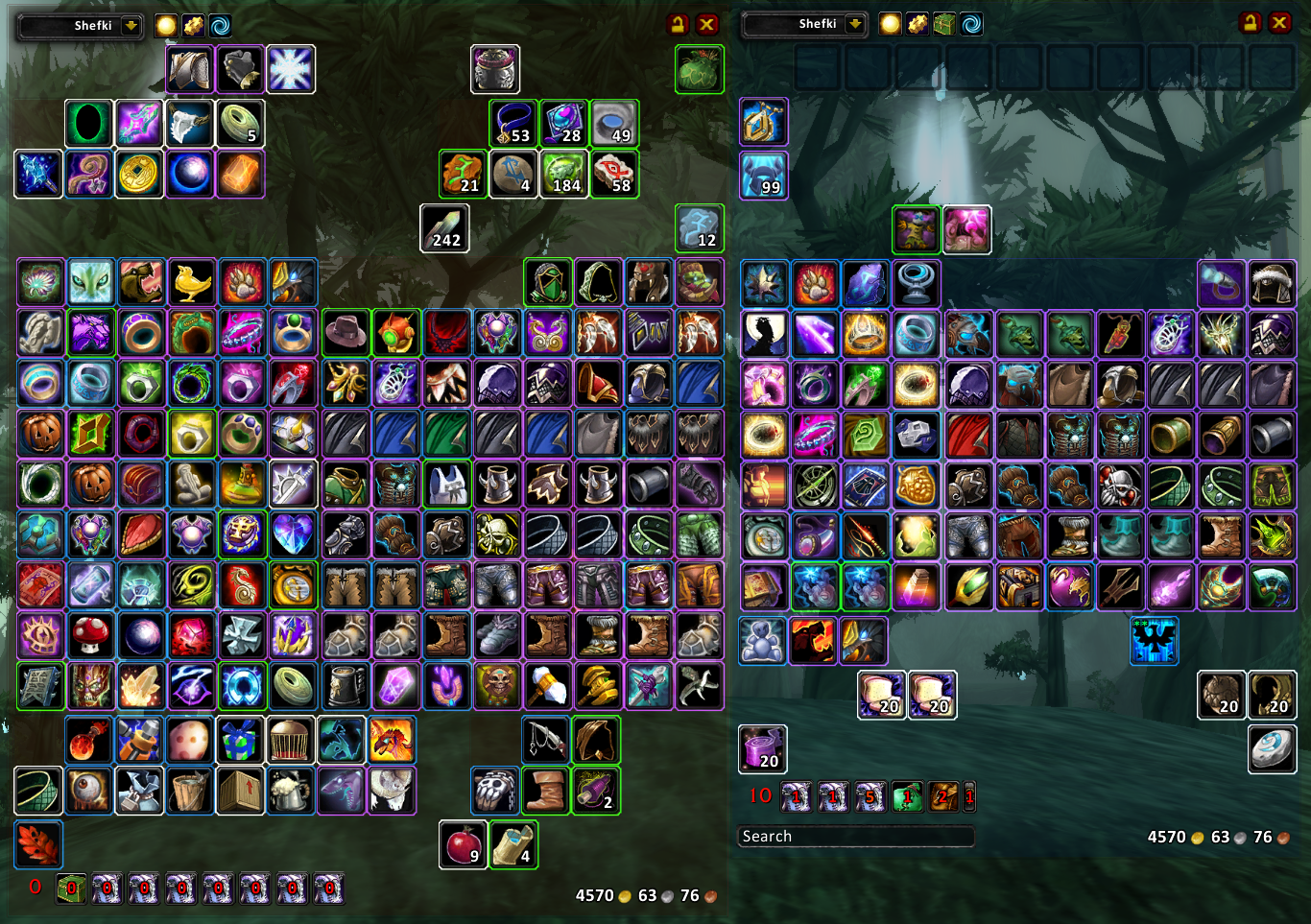



 WoW Wednesday : What to Do in Patch 6.2 .
WoW Wednesday : What to Do in Patch 6.2 .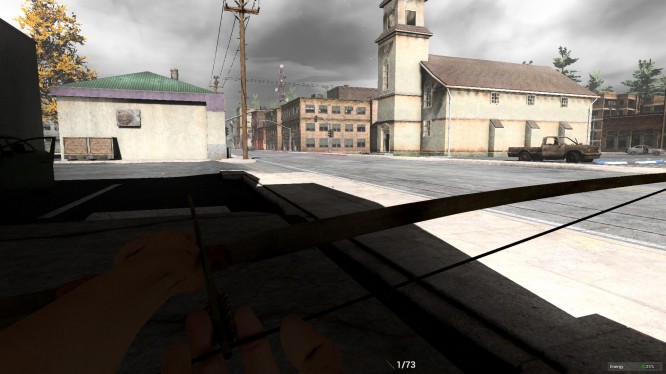 H1Z1 Momentary Impressions .
H1Z1 Momentary Impressions .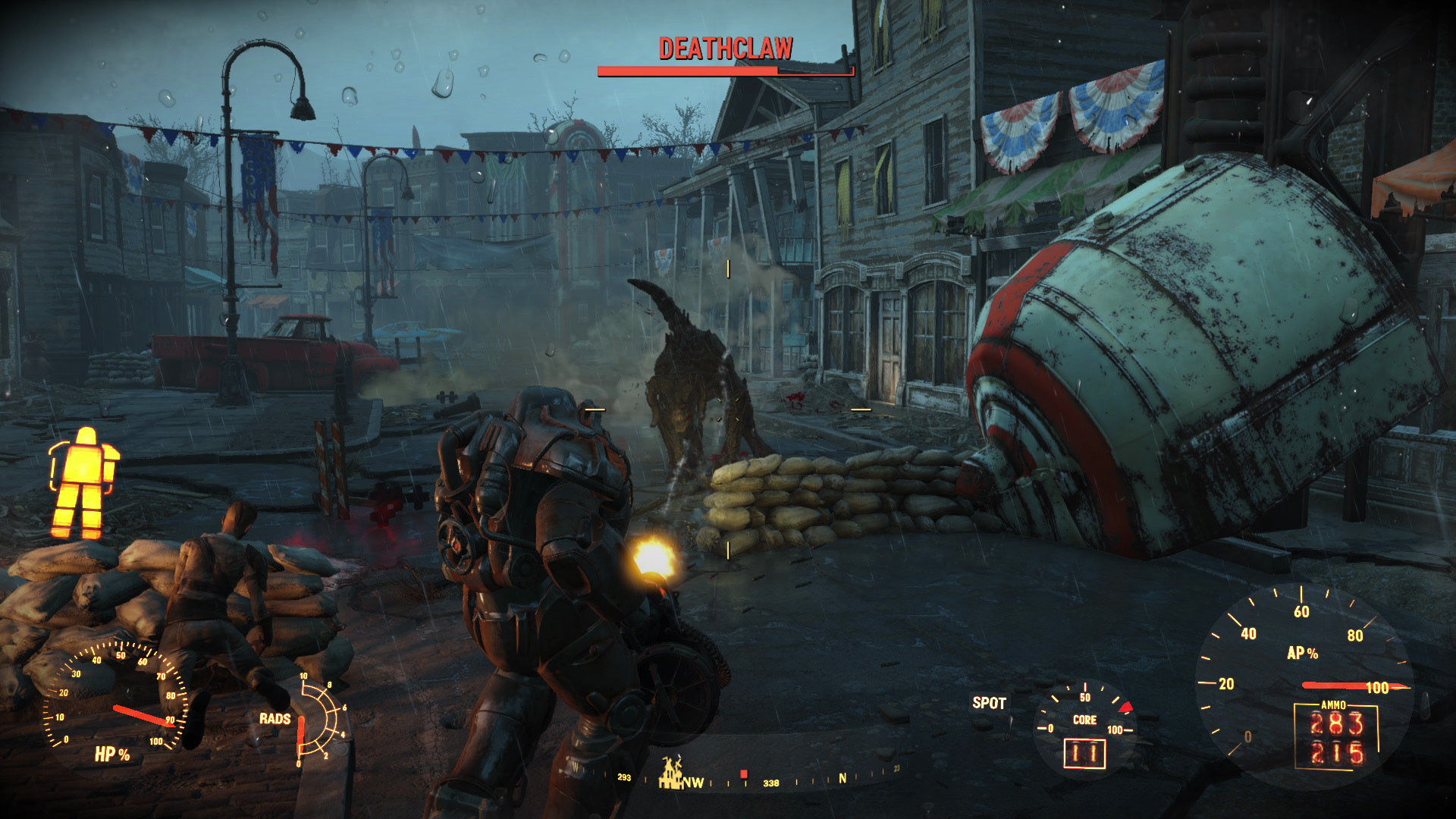 Fallout 4: How to easily defeat Power Armor wearing enemies
Fallout 4: How to easily defeat Power Armor wearing enemies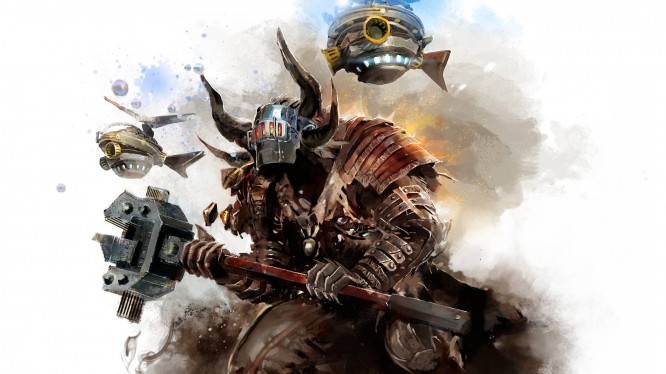 Tyrian Chronicle: Beta Weekend 3 Thoughts .
Tyrian Chronicle: Beta Weekend 3 Thoughts . Beta Data: February 27, 2015 .
Beta Data: February 27, 2015 .